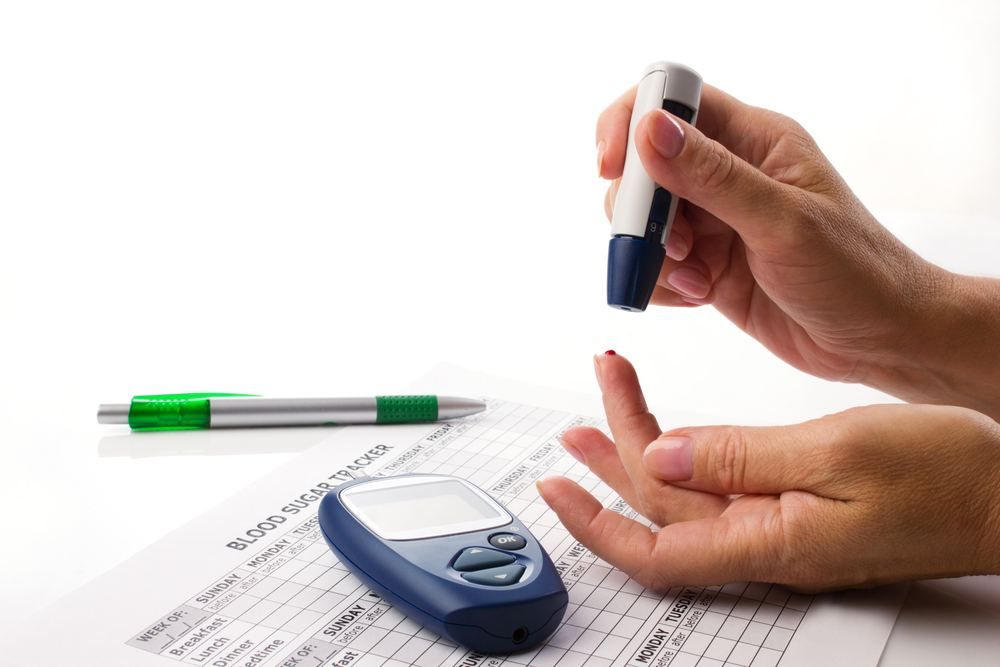How Does Diabetes Affect Sexual Life?
-
Published:15 January 2024
-
Updated:27 April 2025

Diabetes is a group of chronic diseases related to the body's ability to control blood glucose levels. In the case of type 1 diabetes, the body does not produce enough insulin (a hormone that regulates blood glucose levels), and in the case of type 2 diabetes, the body's cells cannot adequately use insulin.
Both types of diabetes have an impact on the sexual life of men and are the most common and important cause of organic erectile dysfunction.
Studies have shown that men with diabetes face challenges in their sexual lives, ranging from 35% to 95%.
- High blood glucose levels due to temporary hyperglycemia can cause symptoms such as fatigue, dry mouth, headaches, and nausea. Libido may decrease due to poor physical well-being.
- Low blood glucose levels due to hypoglycemia can cause disorientation, dizziness, sweating, weakness, and trembling hands. During these moments, sex is not a priority due to overall poor well-being.
- If diabetes is not treated, it can lead to diabetic polyneuropathy (nerve fiber damage), which can cause erection problems.
Weak Erection and its Connection to Diabetes
Men with diabetes may experience a decrease in libido, and loss of or complete absence of erections, which is a common reason for seeking medical help.
The quality of erections deteriorates due to nerve damage, blood vessel damage, and smooth muscle damage, resulting in reduced blood flow to the penis. Erectile dysfunction develops in men with diabetes approximately 10–15 years earlier than those without diabetes.
In addition, erection problems in diabetes can be caused by various factors: fatigue, anxiety, depressive mood, fear of illness, and sexual failures. Studies indicate that sexual problems in diabetes are often associated with psychological causes.
Decreased Sensitivity of the Penis in Diabetes
The sensitivity of the glans penis decreases due to reduced excitability of the sexual centers in the brain as a result of damage to the nerve networks at the level of individual segments of the spinal cord.
The Impact of Diabetes on Spermatogenesis
Sperm formation depends on the functioning of the hypothalamus, pituitary gland, and sex glands, and in diabetes, these processes are usually not disrupted. In severe cases of diabetes, serious problems with spermatogenesis and structural changes in the testes may occur.
Ejaculation and Diabetes
Unlike the process of sperm formation, ejaculation is often disrupted in diabetes. Premature ejaculation may be associated with reduced activity of spinal cord neurons due to frequent low blood glucose levels, while delayed ejaculation is a consequence of severe and prolonged diabetes and is accompanied by a loss of interest in sexual life.
In retrograde ejaculation, sperm is thrown into the bladder, causing persistent infertility. This phenomenon occurs in up to 15% of cases.
Decreased Hormone Levels due to Diabetes
Low levels of gonadotropins and testosterone affect the reduction of sexual capabilities in prolonged untreated diabetes.
Changes in the Reproductive System of Men
One-third of men with type 1 diabetes experience infertility problems. Sperm analysis shows the presence of damaged DNA in many sperm, making them unfit for fertilizing an egg. Men with diabetes also often have low testosterone levels, which worsens sperm quality and reduces the likelihood of conceiving a child.
When it comes to men with type 2 diabetes, the disease is often diagnosed between the ages of 50-60. During this period, testosterone levels naturally decrease in the blood.
Treatment of Sexual Problems in Diabetes
Diabetes is a chronic disease that cannot be completely cured. The main goal of managing this condition is to maintain normal metabolism and blood glucose levels. It is important to educate patients and inform them about the symptoms of diabetes. Treatment of sexual problems in diabetes requires an individual approach, as each patient's situation is unique.
The first step in treating erectile dysfunction in diabetes, especially type 2 diabetes, is to eliminate unfavorable lifestyle factors such as lack of physical activity, improper diet, smoking, and alcohol consumption. Lifestyle changes significantly improve erection in diabetes.
Erectile function in diabetes can also be improved with the use of medications such as sildenafil, tadalafil, and vardenafil - inhibitors of phosphodiesterase type 5.
Many researchers note that with proper treatment, normalization of metabolic processes, and friendly relationships between partners, sexual activity can be within the normal range for a certain age. On the other hand, inappropriate remarks, discussing health problems, and rude behavior from a partner can cause additional difficulties with erection, as well as anxiety and fear of failure. It is important to discuss these issues with an endocrinologist and a sexologist to find suitable treatment methods that can restore sexual function.
Erectile Dysfunction in Diabetes Mellitus (https://www.sciencedirect.com/science/article/abs/pii/S1743609515324966). Accessed 7 Dec 2024.







.svg)
.svg)
